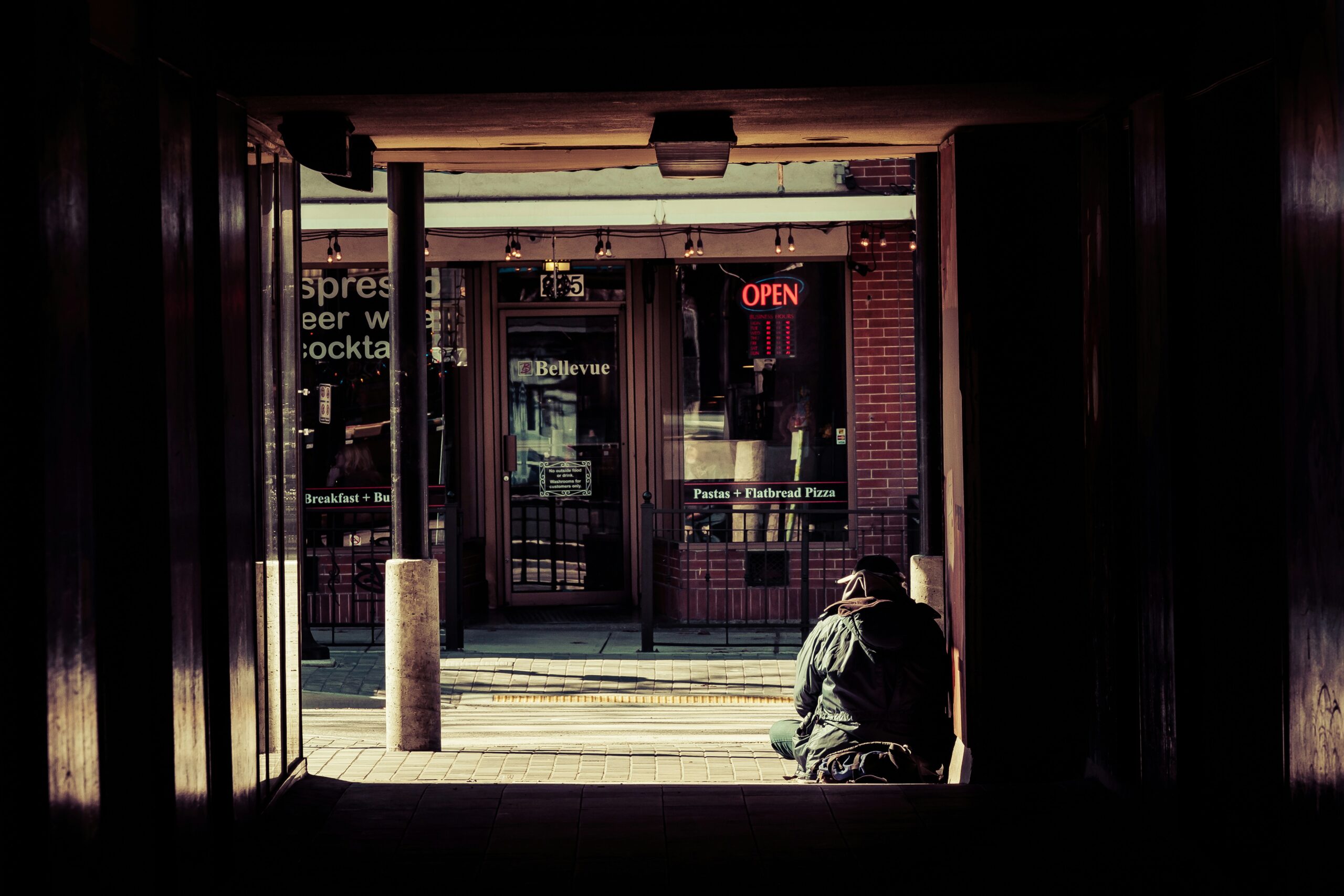Grief often isolates us, creating moments when we feel the world around us has moved on while we remain rooted in pain. However, there is a distinction between being alone and being lonely, and understanding this difference can significantly impact your healing journey.
Alone vs. Lonely: Understanding the Terms
Being alone refers to a physical state of solitude—the absence of other people. Solitude can often be a choice, especially for grievers who may need time to process their emotions. On the other hand, loneliness is an emotional experience, marked by a profound sense of disconnection, even when surrounded by people. In grief, these feelings are deeply intertwined but require different approaches to address.
Why Solitude Can Be Healing
Spending time alone can be a necessary part of grief. Solitude provides the space to cry, reflect, or even talk to your person without distractions. For some, it’s a way to connect deeply with their emotions without the need to explain their feelings to others. Moments of solitude can also allow for spiritual connection, meditation, or simply catching a breath from the overwhelming responsibilities of life.
When Loneliness Takes Over
Loneliness, however, can be a heavier burden to bear. It’s the feeling that no one truly understands your loss or that the world has forgotten your grief. This disconnection can make you feel invisible, even when friends and family surround you. Left unchecked, loneliness can lead to despair, anxiety, or depression.
Combating Loneliness in Grief
Here are some practical steps to address loneliness:
- Join a support group: Connecting with others who have experienced similar losses can help you feel seen and understood.
- Communicate your needs: Let loved ones know how they can support you.
- Seek professional help: Therapists and grief specialists can offer tools to navigate loneliness.
- Create rituals of remembrance: Engage in activities that honor your person and connect you to their memory.
- Allow connections to grow: Be open to new relationships that may offer support and understanding.
Further Resources
If you’re interested in exploring this topic further, listen to the podcast episode “The Difference Between Being Alone and Being Lonely in Your Grief”. You can also read our blog “Why Have They Forgotten My Grief?” for insights on navigating feelings of abandonment during grief.
Why Have They Forgotten My Grief?
The pain of loss is a constant companion for many grievers. Yet, the world around us often seems to forget this. While the casseroles, cards, and condolences flood in during the early days of grief, they quickly fade, leaving many grievers feeling abandoned.
Why Do People Forget?
- Cultural discomfort with grief: Our society often struggles to address grief openly, favoring quick resolutions over long-term support.
- Misconceptions about grief: Many people believe grief has a timeline and expect grievers to “move on” after a few weeks or months.
- Personal distractions: Life doesn’t pause for others as it has for you, and people may unintentionally forget to check in.
The Emotional Toll of Being Forgotten
When people forget your grief, it can feel like a secondary loss—a loss of connection and understanding. It’s easy to feel isolated or believe your pain isn’t valid because others aren’t acknowledging it. However, your grief is real and deserves attention, whether or not others offer it.
How to Advocate for Your Grief
You can take steps to ensure your grief is acknowledged:
- Communicate openly: Let people know what support you need, whether it’s a listening ear or a reminder of important dates.
- Honor your person publicly: Sharing memories or milestones on social media can invite others to join you in remembrance.
- Seek a grief community: Support groups, both in-person and online, can provide a safe space for sharing and connection.
Staying Connected
Listen to our podcast episode “Why Have They Forgotten My Grief?” for more on this topic. For practical strategies, check out the blog “The Lies They Tell Us About Grief,” which addresses common misconceptions that may contribute to feelings of being forgotten.
Please Don’t Compare My Loss to Your Cat
Grief is an intensely personal experience, and one of the most invalidating moments for many grievers is when someone minimizes their pain by comparing it to a trivial loss. While losing a pet can be heartbreaking, it’s not the same as losing a child, parent, or partner. These comparisons can feel dismissive and even cruel.
Why Comparisons Hurt
- They minimize your loss: Equating a deeply profound loss to something trivial invalidates your pain.
- They shift the focus: Instead of being about your grief, the conversation becomes about the other person.
- They reflect discomfort: Often, people make comparisons because they’re unsure how to offer genuine support.
Responding to Invalidating Comments
It can be challenging to address these moments, but here are some ways to respond:
- Be honest: Gently explain how their comment feels to you.
- Redirect the conversation: Shift the focus back to your experience by sharing a memory of your person.
- Set boundaries: Let people know when their comments are unhelpful or hurtful.
Building a Supportive Network
Surround yourself with people who understand your grief and will honor your pain without minimizing it.




